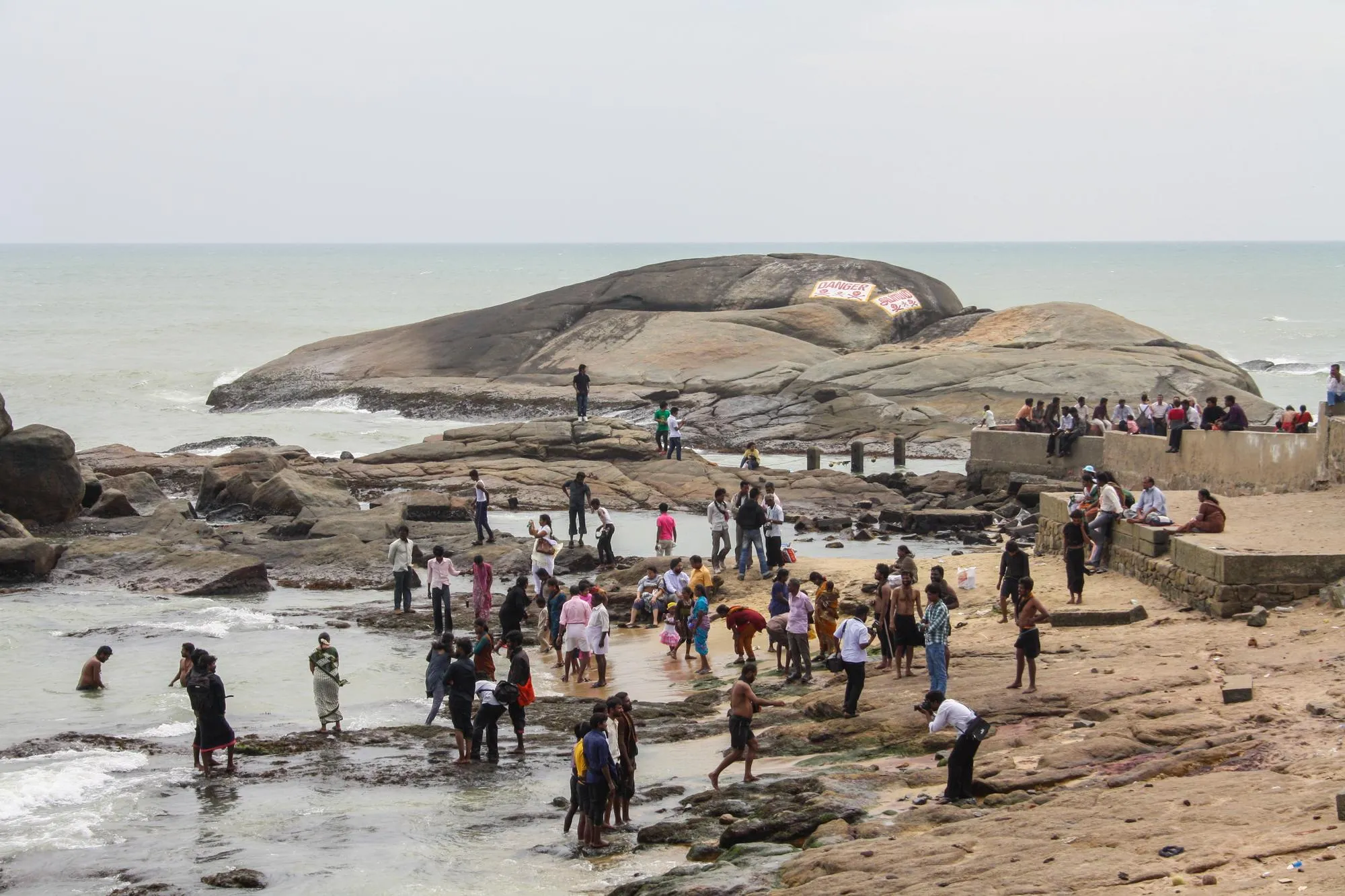DOI: 10.1136/bmjopen-2018-024418
Abstract
Aboriginal and Torres Strait Islander people face disproportionately high rates of substance use and consequent health issues. The purpose of this systematic review is to synthesize the risk and protective factors associated with substance use and related harms among these populations, assessing the methodological quality of included studies.
Introduction
The health and well-being of Aboriginal and Torres Strait Islander people are matters of national concern in Australia. Despite numerous interventions and public health efforts, substance use and its associated harms remain prevalent in these communities. This recurring issue suggests that previous policies and prevention programs have not fully addressed the unique factors that contribute to substance use among Indigenous people, particularly the youth.
Aim and Methodology
The review, described in BMJ Open (2019) with the article number e024418, outlines a protocol designed to analyze the ecological framework of factors influencing substance use within Aboriginal and Torres Strait Islander communities. This involves a comprehensive search across several databases, including both peer-reviewed and grey literature sources, to be filtered through rigorous inclusion criteria. The review will be conducted following the Preferred Reporting Items for Systematic Reviews and Meta-Analyses (PRISMA) guidelines.
Preliminary Findings
Substance use within Aboriginal and Torres Strait Islander populations is not solely a matter of individual behavior but is also influenced by social, economic, and historical contexts. Factors such as colonization, socio-economic disadvantage, culturally insensitive services, and ongoing discrimination have been cited as contributors to the rates of substance use.
Importance
The outcomes of the review highlighted in the protocol have significant implications for public health policies and interventions. Understanding the interplay of various factors that influence substance use among Aboriginal and Torres Strait Islander people could lead to more effective and culturally sensitive prevention strategies, potentially reducing harm and improving overall community health.
Dissemination and Impact
The findings will be communicated widely through peer-reviewed publications, conferences, and social media, intending to inform health service providers, policymakers, and community leaders. It emphasizes community participation and the need for culturally appropriate methods to address substance use issues.
Conclusions
With the systematic review protocol laid out, researchers are poised to gain a deeper understanding of substance use in Aboriginal and Torres Strait Islander communities. This knowledge will serve as a basis for developing strategies that are more attuned to the needs and circumstances of the Indigenous populations of Australia.
References
1. Snijder, M., et al. (2019). Developing an ecological framework of factors associated with substance use and related harms among Aboriginal and Torres Strait Islander people: protocol for a systematic review. BMJ Open, 9(5), e024418. DOI: 10.1136/bmjopen-2018-024418
2. Anderson, I., et al. (2016). Indigenous and tribal peoples’ health. Lancet, 388, 131–57. DOI: 10.1016/S0140-6736(16)00345-7
3. Australian Institute for Health and Welfare. (2015). The health and welfare of Australia’s Aboriginal and Torres Strait Islander peoples.
4. Lovett, R., Thurber, K. A., & Maddox, R. (2017). The Aboriginal and Torres Strait Islander smoking epidemic. Public Health Res Pract, 27. DOI: 10.17061/phrp2741733
5. Stone, A. L., et al. (2012). Review of risk and protective factors of substance use. Addict Behav, 37(7), 747–75. DOI: 10.1016/j.addbeh.2012.02.014
Keywords
1. Aboriginal Torres Strait Islander health
2. Substance use Indigenous Australians
3. Protective factors substance abuse
4. Risk factors substance use
5. Systematic review Aboriginal health
Contributing Authors
1. Mieke Snijder, The Matilda Centre for Research in Mental Health and Substance Use, University of Sydney, Sydney, Australia
2. Briana Lees, The Matilda Centre for Research in Mental Health and Substance Use, University of Sydney, Sydney, Australia
3. James Ward, Infection and Immunity Theme, South Australia Health and Medical Research Centre, Adelaide, South Australia, Australia; Faculty of Medicine Nursing and Health Sciences, Flinders University, Adelaide, South Australia, Australia
1. Annalee E Stearne, National Drug Research Institute, Curtin University, Perth, Western Australia, Australia
2. Nicola Clare Newton, The Matilda Centre for Research in Mental Health and Substance Use, University of Sydney, Sydney, Australia
3. Lexine Stapinski, The Matilda Centre for Research in Mental Health and Substance Use, University of Sydney, Sydney, Australia
